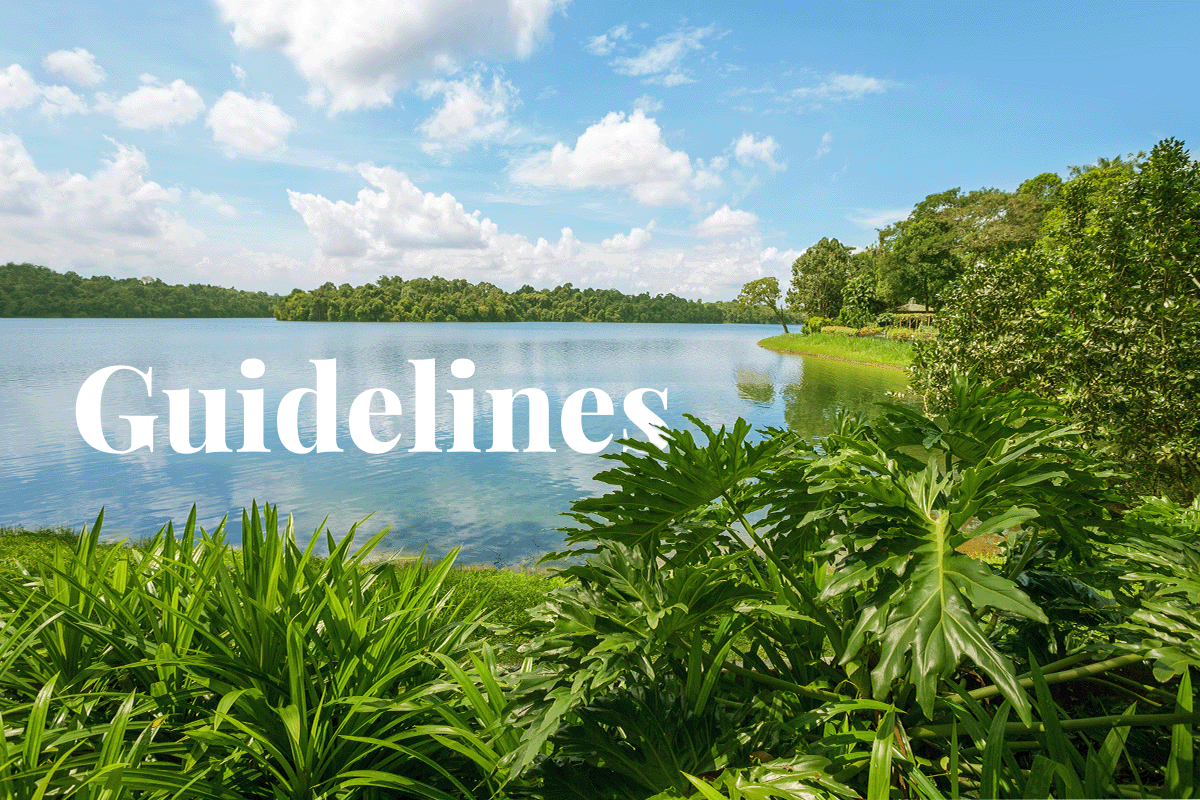Singapore has unveiled key principles to determine the eligibility of international carbon credits, a move aimed at supporting its environmental targets under the Paris Agreement. These criteria will govern the selection of carbon credits to offset carbon tax obligations for major industry players and contribute to national environmental goals.
 Nature view in Singapore.
Nature view in Singapore.
The eligibility criteria include ensuring that the credits are not double-counted, represent additional emissions reductions, have been quantified and verified, are permanent, cause no net harm, and do not lead to increased emissions elsewhere. The list of overseas projects from which these credits can be sourced is expected to be revealed by the end of the year.
Read more: How are carbon credits issued?
Singapore, along with countries like Australia, South Korea, and Switzerland, views the global carbon market under the United Nations (UN) as essential to their environmental efforts. The move towards these eligibility criteria was announced at an industry conference by Sustainability and Environment Minister Grace Fu, emphasising the importance of high-quality carbon credits in global decarbonisation.
Starting next year, carbon tax payers in Singapore, especially gas power generators, can offset 5% of their emissions using these quality-screened carbon credits. Singapore is also increasing its carbon price from $3.5 to $18 in 2024 and $33 in 2026.
Read more: Deforestation in Asia: a call for conservation
Importantly, these criteria do not apply to carbon credits purchased voluntarily by Singaporean businesses to meet their corporate environmental targets. Singapore's guidelines draw from international standards such as the Carbon Offsetting and Reduction Scheme for International Aviation (CORSIA), the aviation industry's offsetting system, and the Integrity Council for the Voluntary Carbon Market, a voluntary market standards group.
The criteria also focus on referencing baseline deforestation rates across entire jurisdictions for forest conservation projects, aiming to prevent over-crediting and leakage.
Read more: World Biodiversity Summit 2023: a global call to action
Singapore's approach differs from CORSIA in certain areas, especially concerning high-forest, low-deforestation projects. While CORSIA approves such projects, Singapore is still evaluating their compliance with its criteria. The government also provides flexibility in case a carbon project fails.
Singapore intends to periodically review and update its register of carbon crediting methodologies based on their alignment with the eligibility criteria. The country has agreements with five carbon project certifiers responsible for creating these methodologies.
Additionally, Singapore is working on bilateral deals with numerous countries to ensure that carbon credits sold to the city-state do not count towards the seller's decarbonisation efforts. Talks with Vietnam and Ghana are progressing, with the first deal expected to be signed by the end of 2023.
As we transition towards a decarbonised economy, promoting widespread engagement in carbon offset initiatives becomes imperative. Supporting reputable and impactful carbon projects, such as those nature-based projects offered by DGB Group, empowers both individuals and organisations to make meaningful contributions to a more environmentally sustainable world. DGB is dedicated to assisting businesses, investors, and individuals in decreasing their carbon footprint with our premium, industry-standard verified carbon credits that come from projects offering many co-benefits in addition to carbon mitigation. We are here to guide your business through its sustainability journey, enabling you to become nature positive.
Start your green journey with DGB



